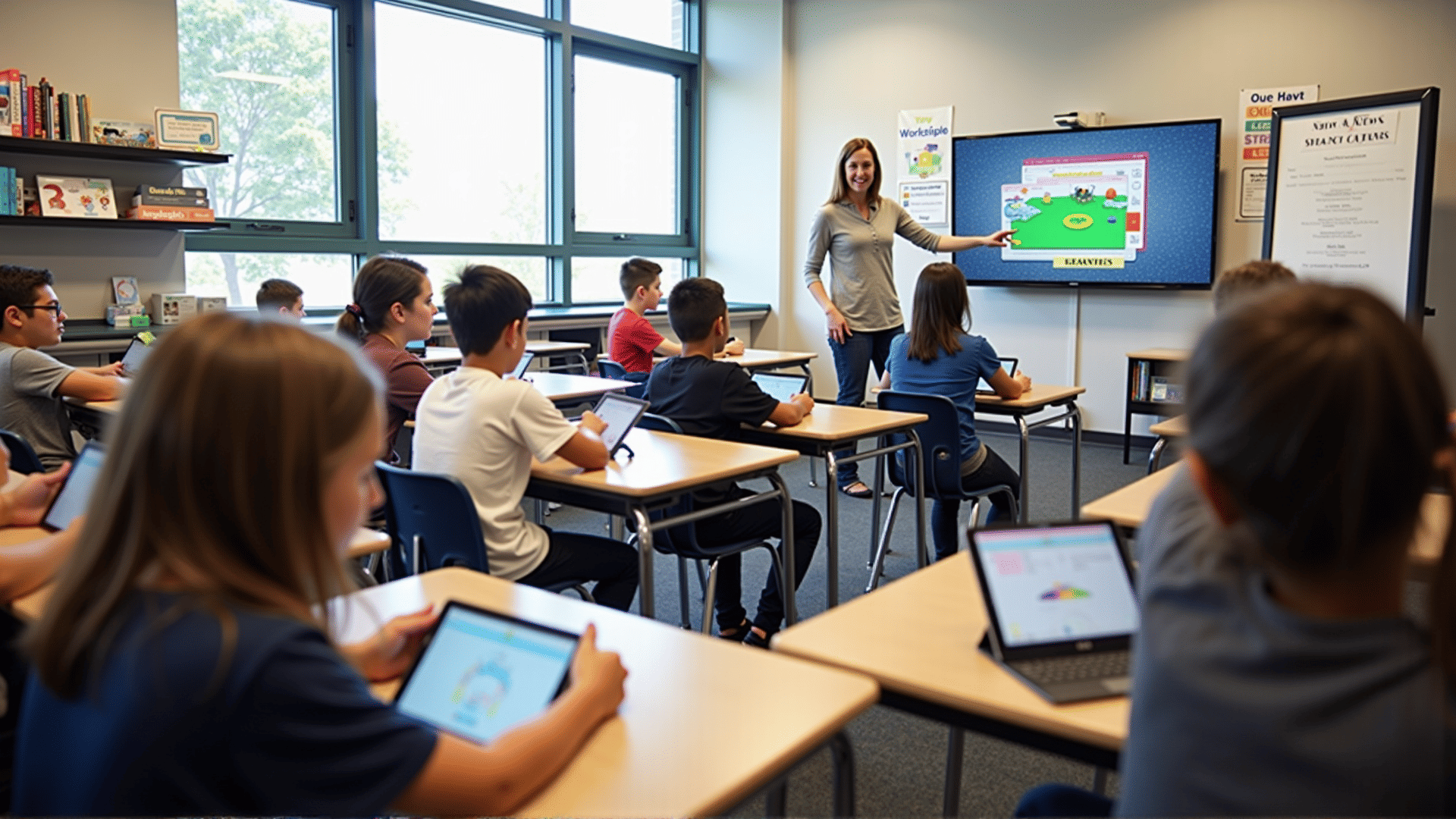In recent years, the educational landscape has undergone a seismic shift with the advent of adaptive learning models. These models are revolutionizing how knowledge is imparted, creating opportunities for more personalized educational experiences. By leveraging technology, educators can now tailor learning paths that adjust to the unique needs and abilities of each student, promoting a more effective and engaging learning journey.
At the heart of adaptive learning is the use of sophisticated algorithms and data analytics. These tools assess a student’s current level of understanding and dynamically adjust the curriculum to match their pace of learning. This customization ensures that students neither become bored by material that is too easy nor overwhelmed by content that is beyond their current level of comprehension.
One of the key methodologies in adaptive learning involves the use of interactive software platforms. These platforms often incorporate quizzes and exercises that provide immediate feedback, enabling students to track their progress in real time. The data collected from these interactions helps educators gain valuable insights into each student’s strengths and areas where they need more support.
Another important aspect of adaptive learning is its ability to support a diverse range of learning styles. For example, visual learners might benefit from video content and infographics, whereas auditory learners might engage more deeply with podcasts or recorded lectures. By offering content in multiple formats, adaptive learning ensures that all students have access to the resources that suit them best.
Moreover, adaptive learning fosters a growth-oriented mindset. Students are encouraged to take ownership of their learning, explore topics that interest them, and delve deeper into subjects. This self-directed learning approach builds critical thinking and problem-solving skills, essential for success in a rapidly changing world.
While the potential benefits of adaptive learning are immense, successful implementation requires careful planning and consideration. Teachers play a pivotal role in guiding students through their learning paths and ensuring that technology enhances, rather than replaces, the human aspect of education. Ongoing support and professional learning opportunities for teachers are vital to address challenges and refine their approach.
In conclusion, adaptive learning is setting the stage for a more personalized and effective educational experience. By embracing these innovative models, we can create an environment where every student has the opportunity to reach their full potential, ultimately transforming the future of education.
